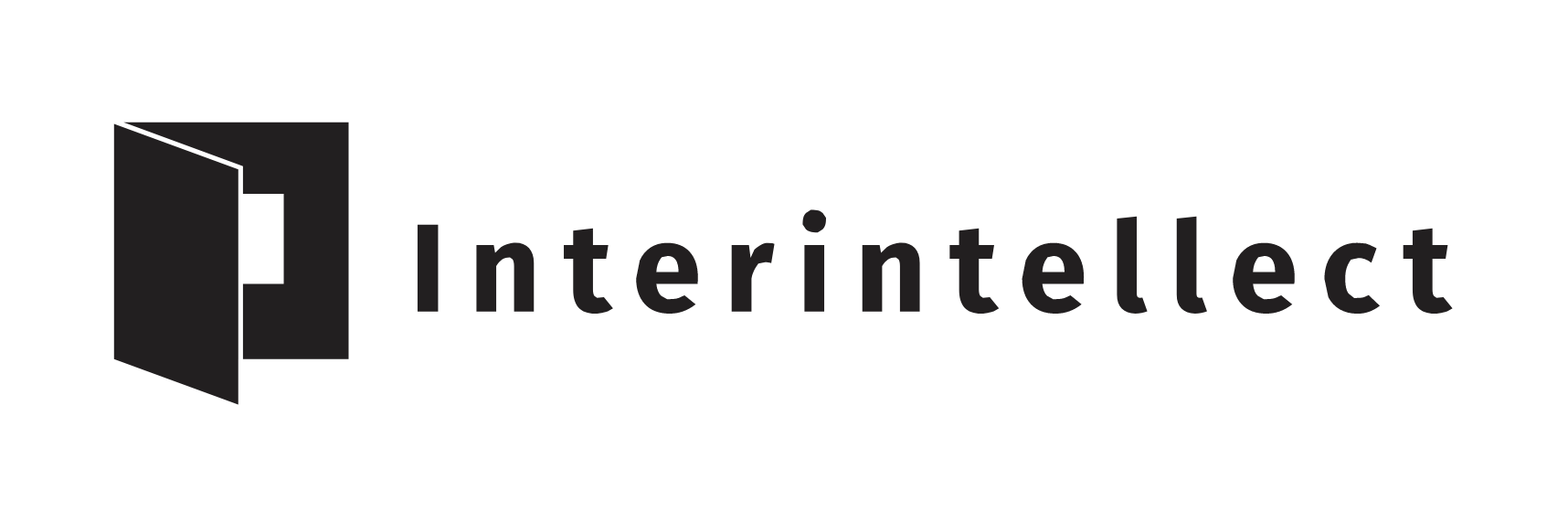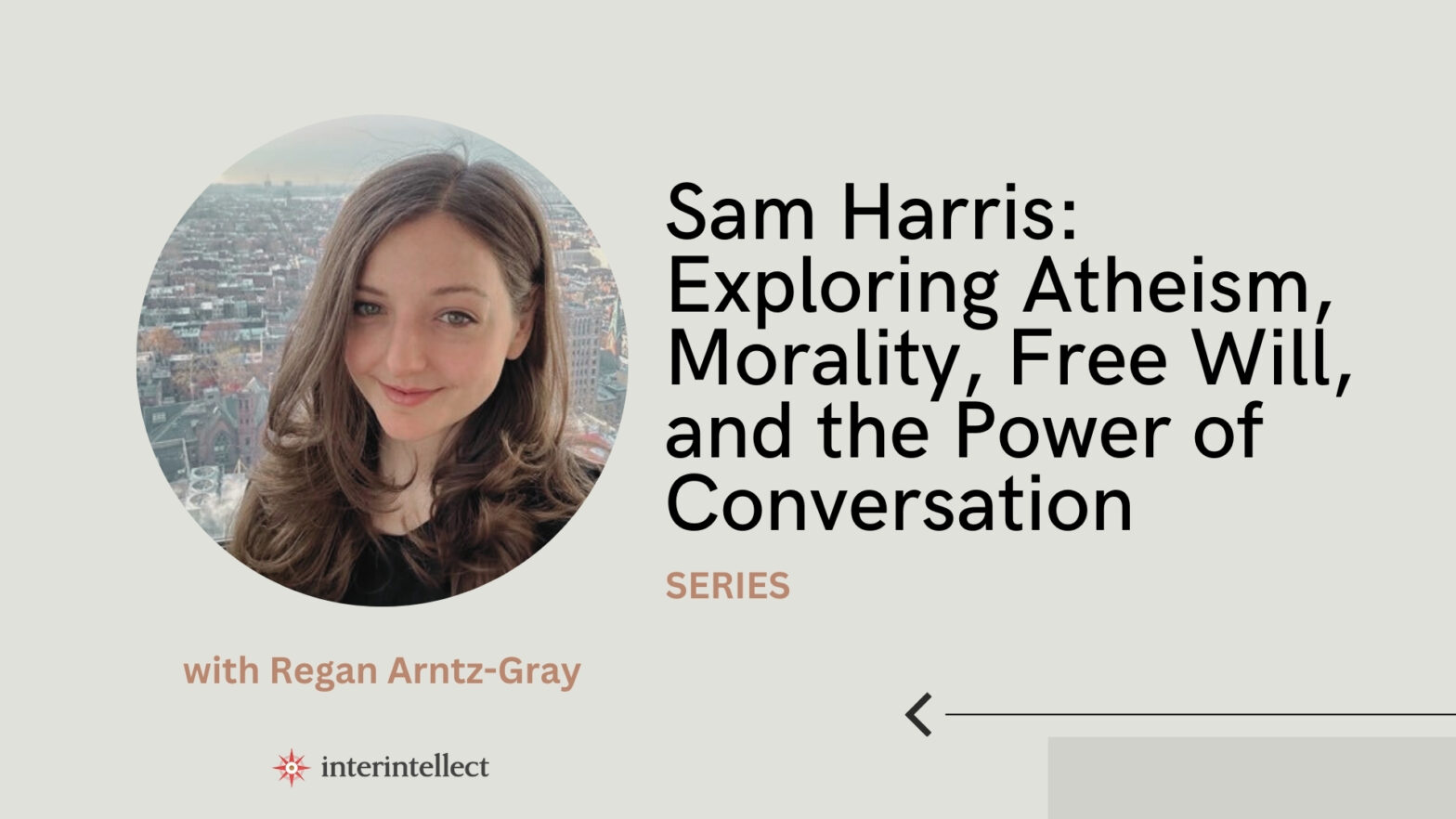Regan Arntz-Gray, who’s been hosting a Sam Harris podcast discussion group for the past 6 years, is hosting a 4-month Interintellect Salon series on his body of work.
———
In this salon series, we’ll traverse through the thought-provoking and diverse work of Sam Harris. We’ll examine the central claims made in his books as well as through his body of work as a public intellectual. This series will include four salons, each focused on one major topic or group of issues to which Sam has contributed atheism and critiques of Islam, morality and cultural relativism, free will and spirituality without faith, and the transformative power of discourse.
For each topic, we’ll discuss Sam’s central claims, any questions they stimulate, and where they might require updating or recontextualizing for 2024. We’ll cover content discussed in several of his books, including The End of Faith, Free Will, Waking Up, The Moral Landscape, and Lying, so some pre-reading is helpful but not at all necessary.
In each salon session, expect thought-provoking discussions, speculative inquiries, and a deep dive into Harris’s intellectual legacy. Bring your questions and curiosity as we embark on these constructive discussions, and I expect we’ll all come away with some new insights on these important topics!
| # | Date | Episode |
| 1 | May 24, 2024 | The End of Faith | 6 PM – 8 PM EDT While religion currently provides many with meaning, it does so at an unacceptable cost, and many continue to underweight the causal link between belief and action. Sam claims that widespread faith-based religious adherence is untenable in a globalized world, given the mutual incompatibility of these sets of beliefs and their intrinsic intolerance. We’ll discuss how these arguments land in the context of a more secular 2024 and their relevance to generational differences in the response to topical events and the appeal of religious community. We’ll discuss arguments made in “The End of Faith,” but pre-reading is not required. |
| 2 | June 28, 2024 | No Free Will & Spirituality without Faith | 6 PM – 8 PM EDT Sam argues not only that free will is an illusion but that the illusion of free will is itself an illusion! Our desires and thoughts arise in a manner that is wholly mysterious, but understanding the mind through meditation and psychedelics can be a path to spiritual fulfillment, which doesn’t require believing falsehoods. We’ll discuss Sam’s arguments against compatibilism, the implications of belief in free will for our sense of self, justice, and motivation, and whether it’s really possible to create a generationally sustainable secular culture. We’ll discuss arguments made in “Free Will” and “Waking Up,” but pre-reading is not required. |
| 3 | July 26, 2024 | The Moral Landscape & Importance of Honesty | 6 PM – 8 PM EDT Can you really get an ought from an is? Sam argues yes, there are facts about the human brain that will constrain what it means to live a good life and what it means to do good, and that at some level of abstraction, moral values must be derived based on consequences (sufficiently broadly construed). We’ll discuss his arguments against unconstrained cultural relativism, whether a focus on consequentialism is the best way of actually achieving good consequences, and how we could arrive at what he considers to be a suboptimal equilibrium with respect to how much we lie (he thinks we do it way too much). We’ll discuss arguments made in “The Moral Landscape” and “Lying,” but pre-reading is not required. |
| 4 | August 23, 2024 | The Power of Conversation | 6 PM – 8 PM EDT Sam Harris is known for having diverse and difficult conversations with many people he disagrees with. While he doesn’t believe one has an obligation to, or even ought to, platform anyone in particular, he has been a consistent defender of free speech and the open marketplace of ideas. This all works as intended when we assume that our interlocutors are seeking the truth and that they share similar understandings of how to evaluate arguments and what type of evidence is considered valid. We’ll discuss the potential limits of discourse and whether one can use conversation to effectively interact with others who don’t share these liberal values. And we’ll consider how an information environment that promotes the most emotionally salient content over all else makes this more difficult. |

